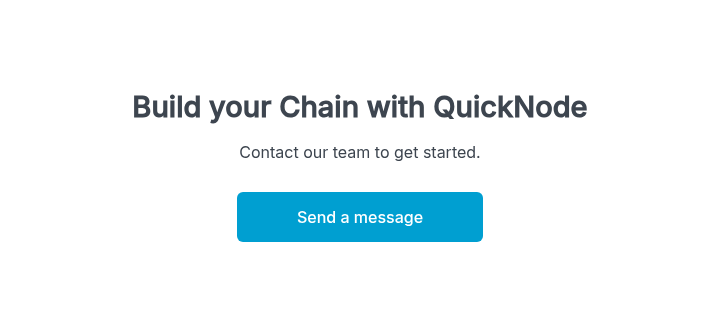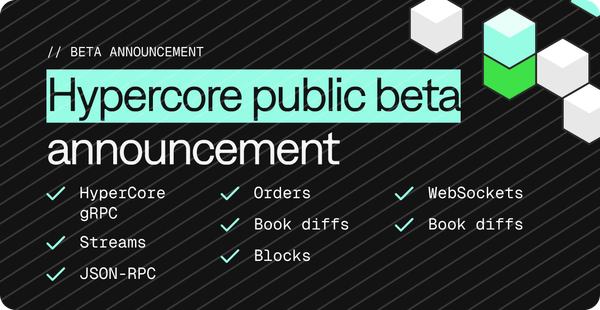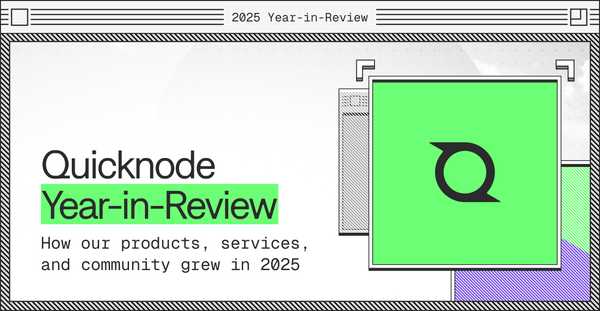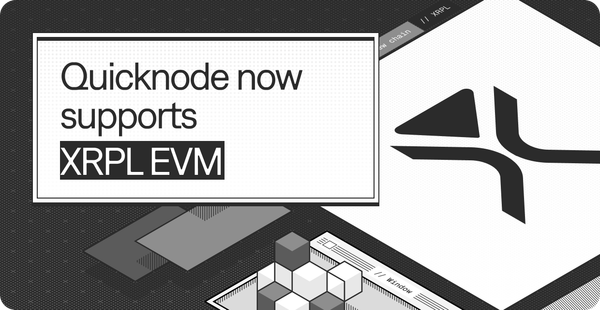QuickNode Accelerator - taro/NYU
Taro is a privacy-first blockchain project from NYU and Microsoft, enhancing financial transparency and accountability in organizations.
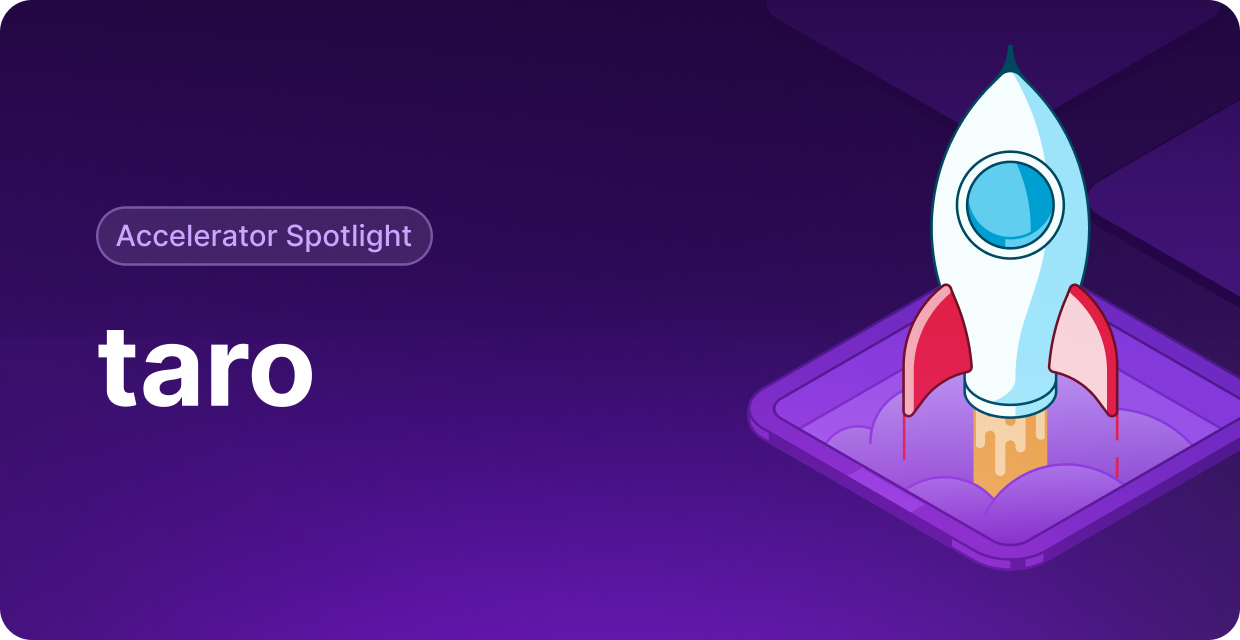
We’re excited to spotlight Taro, a privacy-first blockchain initiative developed by NYU students in collaboration with Microsoft. Designed to bring scalable transparency to internal financial operations, Taro uses Semaphore protocols to create onchain departmental structures that maintain confidentiality without sacrificing auditability. Through the QuickNode Rollup Accelerator, the team built their first working prototype and laid the foundation for a governance-ready, mobile-enabled financial accountability tool.
Q & A with taro👇
1. Who are you, and what’s NYU and Microsoft’s mission behind Taro?
We’re a student-led team from NYU collaborating with Microsoft on Taro, a blockchain project designed to bring transparency to internal financial operations. Taro leverages Semaphore protocols to create departmental structures on-chain. These structures enable managers, and their managers, to verify transaction histories without compromising privacy - building trust without sacrificing confidentiality. Our broader mission is to redefine financial accountability within organizations by making transparency both scalable and secure.
2. What drew you to QuickNode’s Rollup Accelerator, and how has it shaped your journey so far?
We joined the QuickNode Rollup Accelerator because it offered us the perfect blend of seasoned mentors and production-grade infrastructure, two important factors that helped us take Taro from an idea to an actual MVP model. From the start of our journey in the program, QuickNode’s guidance on network architecture, scalability patterns, marketing and best practices for users‑first design has sharpened our roadmap. As a group of students working on common vision, QuickNode’s all-access environment allowed us to focus on what matters. Thanks to QuickNode our team has a clear marking plan and the confidence to scale Taro far beyond NYU Blockchain & Fintech.
3. What’s been the highlight of your experience in the accelerator over the past few weeks?
One of the standout parts of the accelerator has been the weekly workshops. Each session brings in expert guest speakers who offer candid advice, technical deep dives, and real-world insight into Web3 development. These masterclasses have helped us refine our architecture and think more strategically about how to scale Taro while staying true to our core privacy goals.
4. What key milestones have you hit during the program, and what lessons have stuck with you?
During the program, we hit several meaningful milestones—from shipping our first working prototype to getting early feedback from developers and mentors. One key achievement was refining our system’s architecture to better support scalability and modularity, which will be crucial as we grow. A big lesson we’ve learned is that technical innovation means little without a clear user experience - simplicity and clarity have become guiding principles in everything we build.
5. What’s next for Taro, and how do NYU and Microsoft plan to make waves in Web3?
Next, we’re focusing on extending Taro into a full governance and auditing tool - making the manager hierarchy fully programmable. We aim to drive broader adoption by making it interoperable and having a mobile application as well. We want to prove that transparency and privacy aren’t mutually exclusive - they’re foundational to the next era of decentralized organizations.


